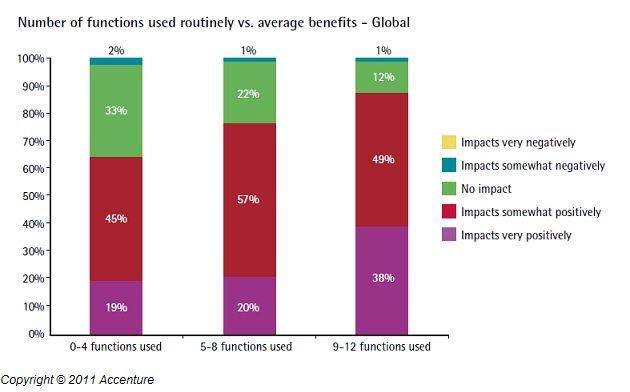- Revenue Cycle Management
- COVID-19
- Reimbursement
- Diabetes Awareness Month
- Risk Management
- Patient Retention
- Staffing
- Medical Economics® 100th Anniversary
- Coding and documentation
- Business of Endocrinology
- Telehealth
- Physicians Financial News
- Cybersecurity
- Cardiovascular Clinical Consult
- Locum Tenens, brought to you by LocumLife®
- Weight Management
- Business of Women's Health
- Practice Efficiency
- Finance and Wealth
- EHRs
- Remote Patient Monitoring
- Sponsored Webinars
- Medical Technology
- Billing and collections
- Acute Pain Management
- Exclusive Content
- Value-based Care
- Business of Pediatrics
- Concierge Medicine 2.0 by Castle Connolly Private Health Partners
- Practice Growth
- Concierge Medicine
- Business of Cardiology
- Implementing the Topcon Ocular Telehealth Platform
- Malpractice
- Influenza
- Sexual Health
- Chronic Conditions
- Technology
- Legal and Policy
- Money
- Opinion
- Vaccines
- Practice Management
- Patient Relations
- Careers
Globally Docs Still Skeptical of HIT; U.S. Most of All
Although doctors are starting to see the benefits of HIT, there remains a significant statistical gap between old and young doctors, and the U.S. and the rest of the countries surveyed.
Almost half of doctors are not convinced that health care IT will reduce unnecessary interventions and procedures and American physicians are the most skeptical about the benefits of health care IT, according to a survey by Accenture.
Doctors from Australia, Canada, England, France, Germany, Singapore, Spain and the U.S. were surveyed, and it seems that while they are seeing the benefits that HIT can have, there are still skeptics.
“Doctors are beginning to see the benefits of using health care IT solutions to improve integration of care delivery,” said Rick Ratliff, global lead, Accenture Connected Health Services. He added that “the challenge is to encourage behavioral change across the healthcare system through education and ongoing communication…”
Forty percent are not convinced that using HIT will improve outcomes for patients and 43% don’t believe that HIT systems will increase speed of access to health services.
However, the physicians surveyed all seem to heavily believe that HIT will have a positive impact on better access to quality data for clinical research and improved coordination across care settings. However, they think HIT will have little impact, or aren’t sure what kind of impact, on reducing the risk of litigation.
What the survey also discovered was that those who more routinely use HIT rated the benefits more positively than their counterparts who are less involved with the technology.

Also, there is a significant contrast between physicians over the age of 50 and those under. Younger doctors are more likely to believe there is a positive impact. Almost three-quarters of doctors under the age of 50 see the benefits.
The top benefits from HIT varied across countries, although Australia, Canada, England, France and Singapore all ranked better access to quality data for clinical research as the top benefit of health care IT. The U.S. ranked it second, and Germany and Spain ranked it third. Spain and the U.S. named improved coordination of care across care setting as the top benefit, while Germany said improved cross-organizational working process.
Spain was the most positive about the beneficial impact that HIT will, while the U.S. was the most skeptical about the positive impact. Only 48% see net benefits of HIT, compared to the global average of 59% across all eight surveyed countries.
